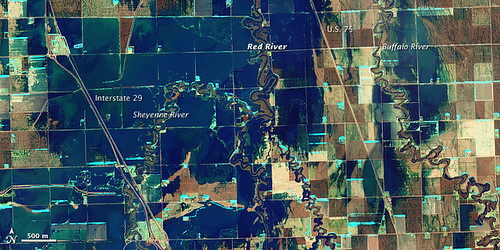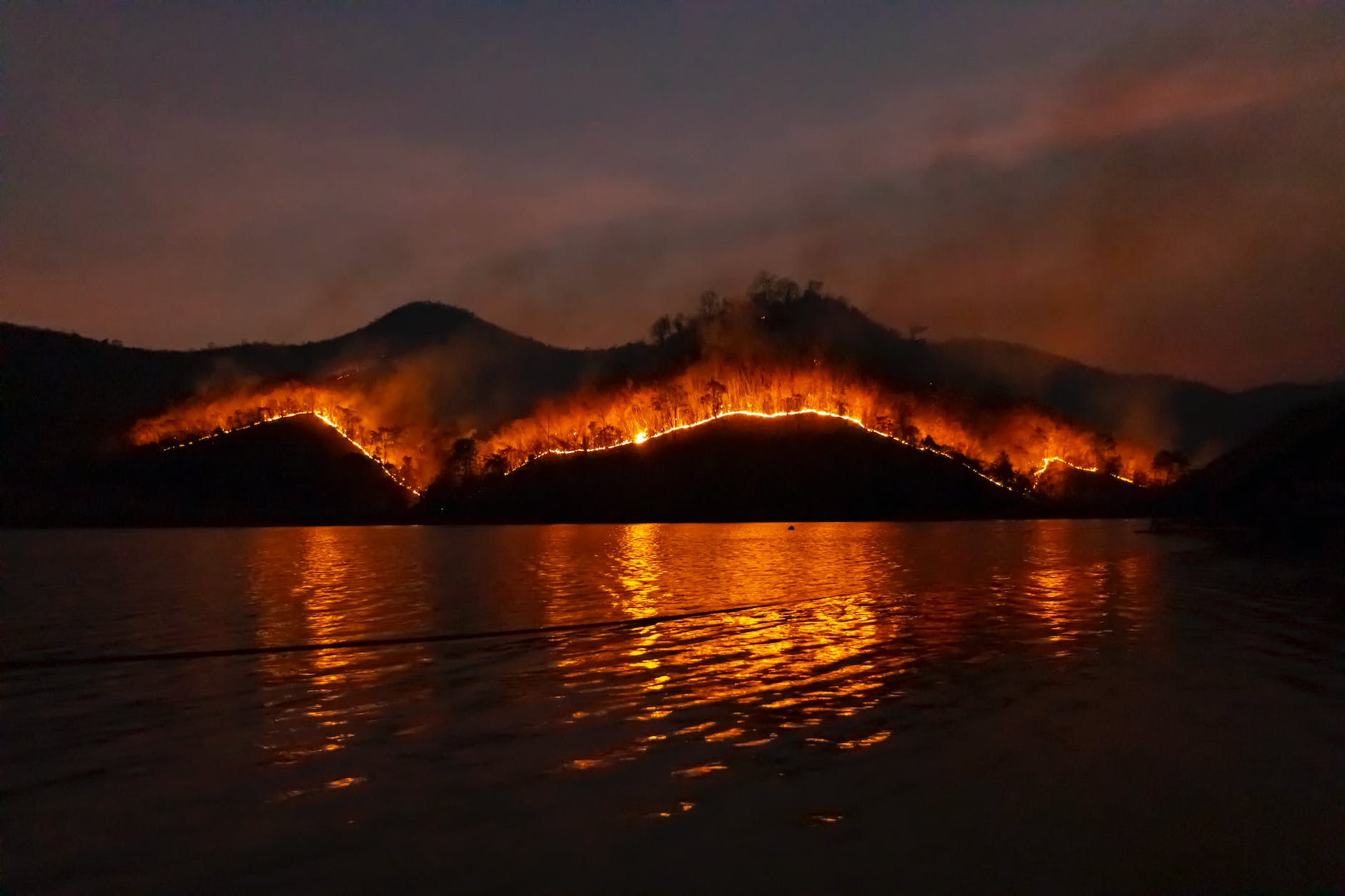-

Community Climate FAQs
•
How to effectively talk about climate change? Talking about Climate Change can be difficult, especially when there is disagreement among people on how to best respond to Climate Change. When talking about Climate Change, it’s important to focus on facts and data rather than opinion. Presenting Climate Change in terms of tangible effects that…
-

Extreme Heat
•
Climate change has led to an increase in extreme heat events around the world, which can have severe consequences for individuals and communities. Heatwaves can cause heat exhaustion, heatstroke, and even death, with vulnerable populations such as children, the elderly, outside workers, and those with pre-existing health conditions at the highest risk. It is…
-

What is GIS?
•
Geographic Information Systems (GIS) are computer-based systems that capture, store, analyze, and display spatial data. They can be run on local hardware or in the cloud, and enable the analysis of spatial data which refers to any information with a location or geographic component, such as the location of buildings, roads, or natural features.…
-

Fires
•
By taking the time to assess wildfire risks and create plans for prevention, protection, education and response a community can better prepare itself for wildfires and increase its resilience in the face of these disasters. With access to the right resources and knowledge, a community can be wild fire-ready and resilient in case of…
-

Why is Resilience important?
•
Resilience is the process of bringing a community back to “normal” after an event, but it doesn’t necessarily mean recreating the same system as before. Understanding the hazards and associated risks is crucial for building resilience, and hazards can vary based on natural, built, and social environmental factors. There are four types of hazards:…
-

What is Resilience?
•
Resilience refers to the ability to recover to normal after disruptions. To build resilience, communities need to identify potential threats, assess vulnerabilities, and engage stakeholders in planning processes. There are plenty of resources available, including federal programs and non-governmental organizations. Building resilience is an ongoing collaborative effort involving both government and non-governmental organizations, as…